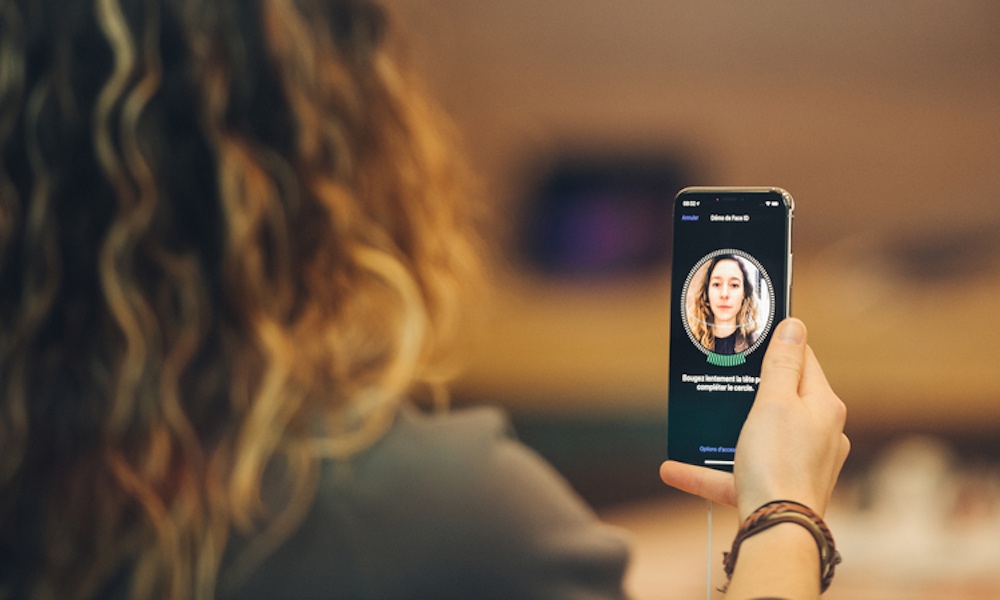Federal Judge Rules Cops Can’t Force You to Unlock Your iPhone with Face ID or Touch ID
 Credit: Hadrian / Shutterstock
Credit: Hadrian / Shutterstock
Toggle Dark Mode
A U.S. federal judge has ruled that police or other authorities can’t force you to unlock your device with any biometric security method.
The ruling, which was made by Judge Kandis Westmore in the U.S. District Court for the Northern District of California, was first spotted by Forbes. Basically, the order affords the same protections on passcode privacy to all smartphone authentication methods.
Previously, several U.S. judges have ruled that authorities can compel suspects to unlock their devices with biometric systems like Touch ID or Face ID. That’s in spite of the fact that cops could not force users to divulge their passcodes.
The ruling was made in the denial of a search warrant in Oakland, part of a larger investigation into Facebook extortion crimes. Investigators wanted to raid the property, as well as make anyone there unlock their devices with facial recognition or fingerprint scans.
In the case, Judge Westmore ruled that authorities had the right to search the property, but could not unlock devices by forcing suspects to use biometric authentication methods — calling the request “overboard.”
Specifically, she declared that the government did not have the right to force suspects to incriminate themselves with their biological features, even with a warrant. Essentially, she ruled that body parts were granted Fifth Amendment protections, just like passcode.
“If a person cannot be compelled to provide a passcode because it is testimonial communication, a person cannot be compelled to provide one’s finger, thumb, iris, face or other biometric feature to unlock that same device,” she wrote.
The decision is already being heralded as a landmark case for privacy rights, Forbes points out.
Federal, state and local authorities have drawn criticism in the past for forcing suspects to unlock their devices. More than that, several courts have upheld the right for police to do so.
In lieu of compelling people to give up their passcode or open up their devices, government entities have increasingly looked to other methods to get information on crimes. Some of those methods include iPhone hacking tools that Apple works tirelessly to mitigate.
As Westmore adds in her ruling, cops can also simply ask technology firms or data aggregators to provide them with information. Most technology companies comply with government requests for data.






